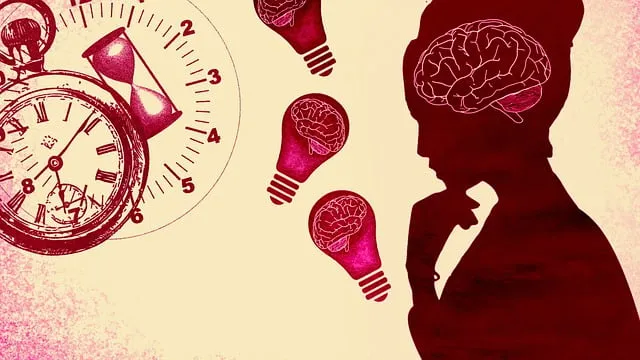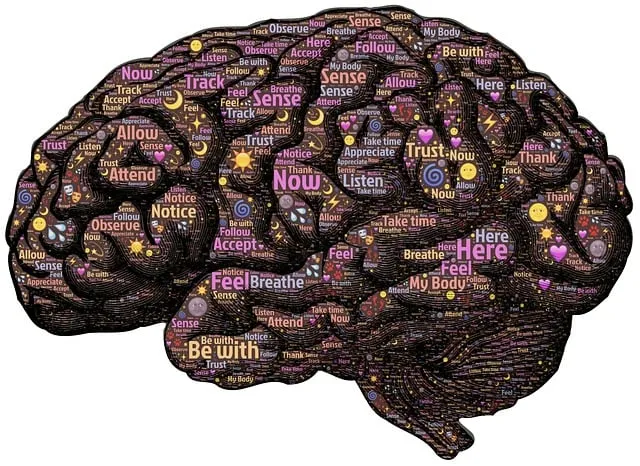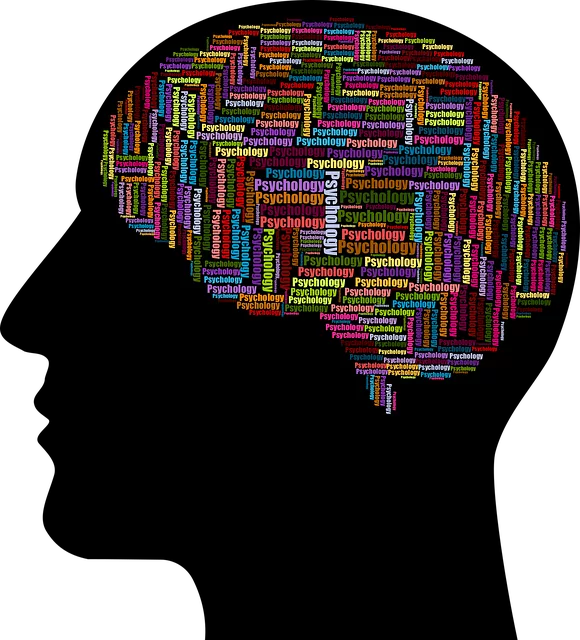Social Skills Training (SST) is a powerful tool in mental health management, addressing isolation and communication challenges often linked to disorders. Healthcare providers, guided by risk assessments and cultural competency, can significantly improve patient outcomes with tailored SST support. This approach, combined with self-care and positive thinking, enhances well-being and encourages fulfilling social lives. Kaiser's holistic model integrates individual therapy, group support, and cultural sensitivity for comprehensive care, utilizing superior how to get mental health help resources. By assessing individual needs and teaching skills like active listening and mindfulness, Kaiser empowers patients with essential social skills, leading to improved mental health and quality of life.
Social skills training is a powerful tool for managing mental health conditions, offering individuals a path to enhance their interactions and communication. This comprehensive guide explores the intricate link between social competencies and mental wellness, delving into specific challenges faced by those with various conditions. We examine effective therapeutic approaches, including support groups, and provide practical strategies for improving social abilities. Additionally, we highlight Kaiser’s commitment to providing superior mental health care and accessible resources for holistic well-being.
- Understanding the Link Between Social Skills and Mental Health
- Identifying Challenges: Common Social Difficulties in Mental Health Conditions
- The Role of Therapy and Support Groups in Social Skills Training
- Practical Strategies for Enhancing Social Interaction and Communication
- Kaiser's Approach: Accessing Superior Mental Health Care and Social Skills Resources
Understanding the Link Between Social Skills and Mental Health

Social skills training plays a pivotal role in managing and improving mental health conditions. Understanding the intricate link between social interactions and mental wellness is essential, especially when seeking superior how to get mental health help Kaiser. Mental health disorders can often isolate individuals, leading to decreased social engagement and communication difficulties. These challenges further exacerbate symptoms and hinder recovery.
The Risk Assessment for Mental Health Professionals and Healthcare Provider Cultural Competency Training emphasize the importance of social skills in delivering effective care. By recognizing and addressing social skill gaps, professionals can facilitate better patient connections, improve treatment adherence, and promote overall mental wellness. This holistic approach ensures that individuals with mental health conditions receive comprehensive support tailored to their unique needs.
Identifying Challenges: Common Social Difficulties in Mental Health Conditions

Many individuals living with mental health conditions face significant challenges when it comes to social interactions due to symptoms and co-occurring difficulties. According to research conducted by Kaiser, common social difficulties include anxiety in social situations, difficulty expressing emotions, poor eye contact, and struggles to maintain conversations, which can make connecting with others a daunting task. These barriers often lead to feelings of isolation and further contribute to the onset or exacerbation of mental health symptoms.
Social Skills Training (SST) emerges as a powerful tool for navigating these challenges. By learning effective communication strategies, individuals can enhance their ability to engage in social exchanges, foster meaningful connections, and improve overall well-being. Incorporating self-care practices and positive thinking alongside SST enables folks to build resilience and manage symptoms effectively, thereby encouraging a more fulfilling social life and access to much-needed mental health help.
The Role of Therapy and Support Groups in Social Skills Training

Social skills training is a vital component of mental health care, and therapy plays a superior role in facilitating this process. Professional therapists can guide individuals with mental health conditions through various techniques to enhance their social interactions and communication abilities. Through personalized sessions, they help clients identify and overcome challenges, such as anxiety or depression, that may hinder their participation in social activities. In addition, therapists provide a safe space for practicing new skills, offering support and constructive feedback.
Support groups complement therapy by offering a network of peers who have experienced similar struggles. These groups foster a sense of belonging and understanding, encouraging members to share their journeys and learn from one another. Kaiser’s approach to mental health services emphasizes the importance of both individual therapy and group support, ensuring comprehensive care that addresses not only symptoms but also the development of coping skills and cultural sensitivity in mental healthcare practice. This holistic strategy promotes positive thinking and empowers individuals to navigate social situations with increased confidence and resilience.
Practical Strategies for Enhancing Social Interaction and Communication

Social skills training plays a pivotal role in enhancing mental health conditions, especially when coupled with superior how to get mental health help Kaiser resources. The first step involves recognizing and understanding individual strengths and challenges, tailoring interventions accordingly. Incorporating Mind Over Matter Principles can significantly boost emotional well-being promotion techniques, fostering a sense of self-efficacy. Simple yet effective strategies like active listening, open body language, and practicing empathy serve as powerful tools for initiating and maintaining social interactions.
Self-care routine development for better mental health is another key component. Regular engagement in activities that promote relaxation, mindfulness, and stress reduction creates a solid foundation for healthier communication patterns. By integrating these practices into daily life, individuals can improve their ability to connect with others, fostering deeper, more meaningful relationships. This holistic approach ensures that both the mind and matter are nurtured, leading to profound improvements in social interaction and overall mental health.
Kaiser's Approach: Accessing Superior Mental Health Care and Social Skills Resources

At Kaiser, we understand that accessing superior mental health care involves more than just treating symptoms; it’s about empowering individuals with essential social skills to navigate their daily lives effectively. Our approach prioritizes holistic well-being by integrating specialized resources tailored to diverse needs. We believe in fostering emotional healing processes through a comprehensive framework that addresses both mental and interpersonal aspects of recovery.
By emphasizing how to get mental health help, Kaiser provides an environment where individuals can learn valuable social skills, build resilience against burnout prevention, and enhance their overall quality of life. Our healthcare provider cultural competency training ensures that every patient receives care that respects their unique background and perspective. This tailored approach enables us to offer effective solutions for managing and overcoming various mental health conditions.
Social skills training is a valuable tool in managing mental health conditions, offering individuals practical strategies to navigate social interactions with confidence. By addressing common challenges and providing access to therapy, support groups, and superior resources like those offered by Kaiser, people can enhance their communication abilities and overall well-being. This holistic approach to mental healthcare empowers individuals to overcome social barriers, fostering a more inclusive and supportive environment for everyone seeking mental health help.






